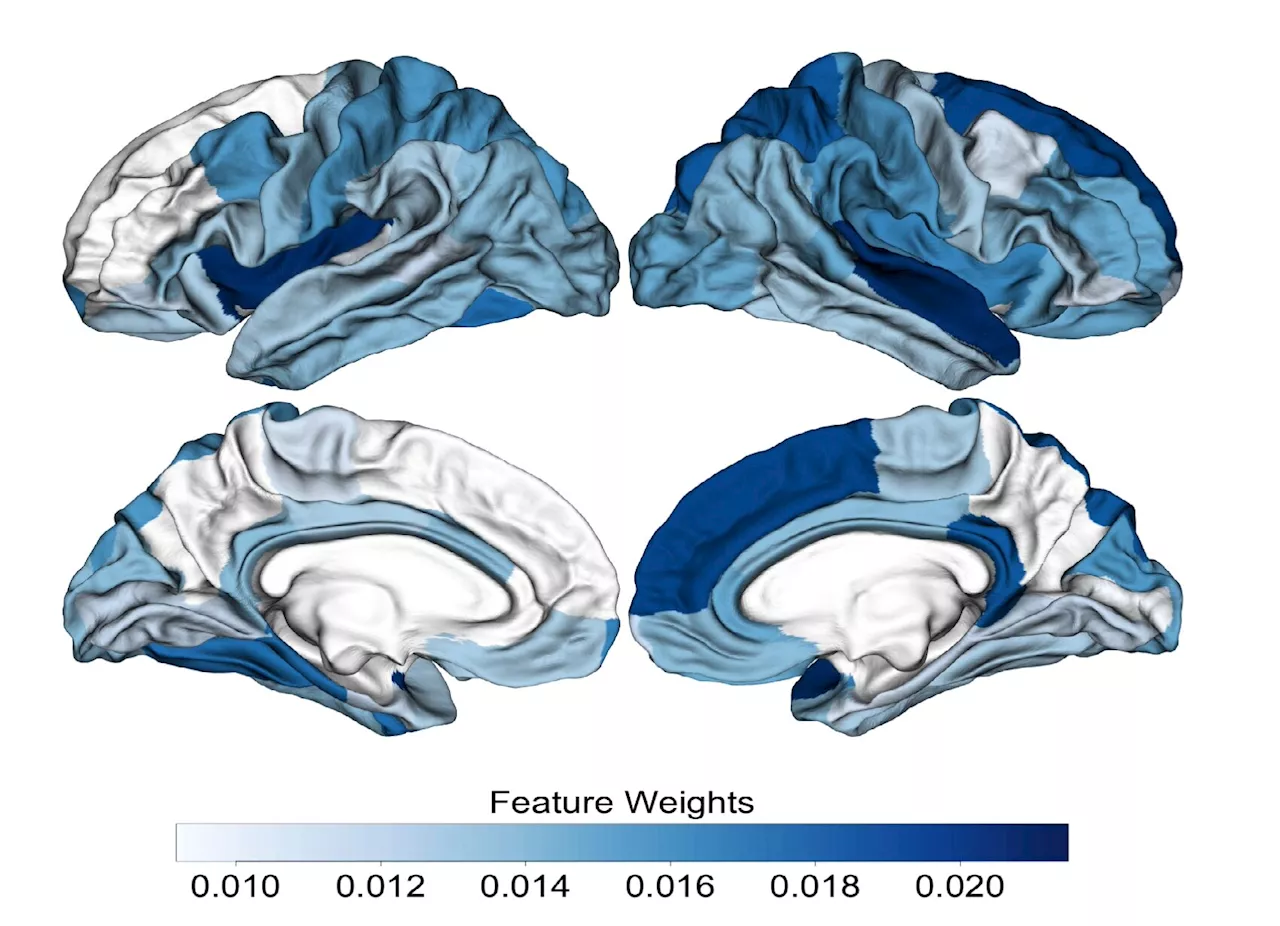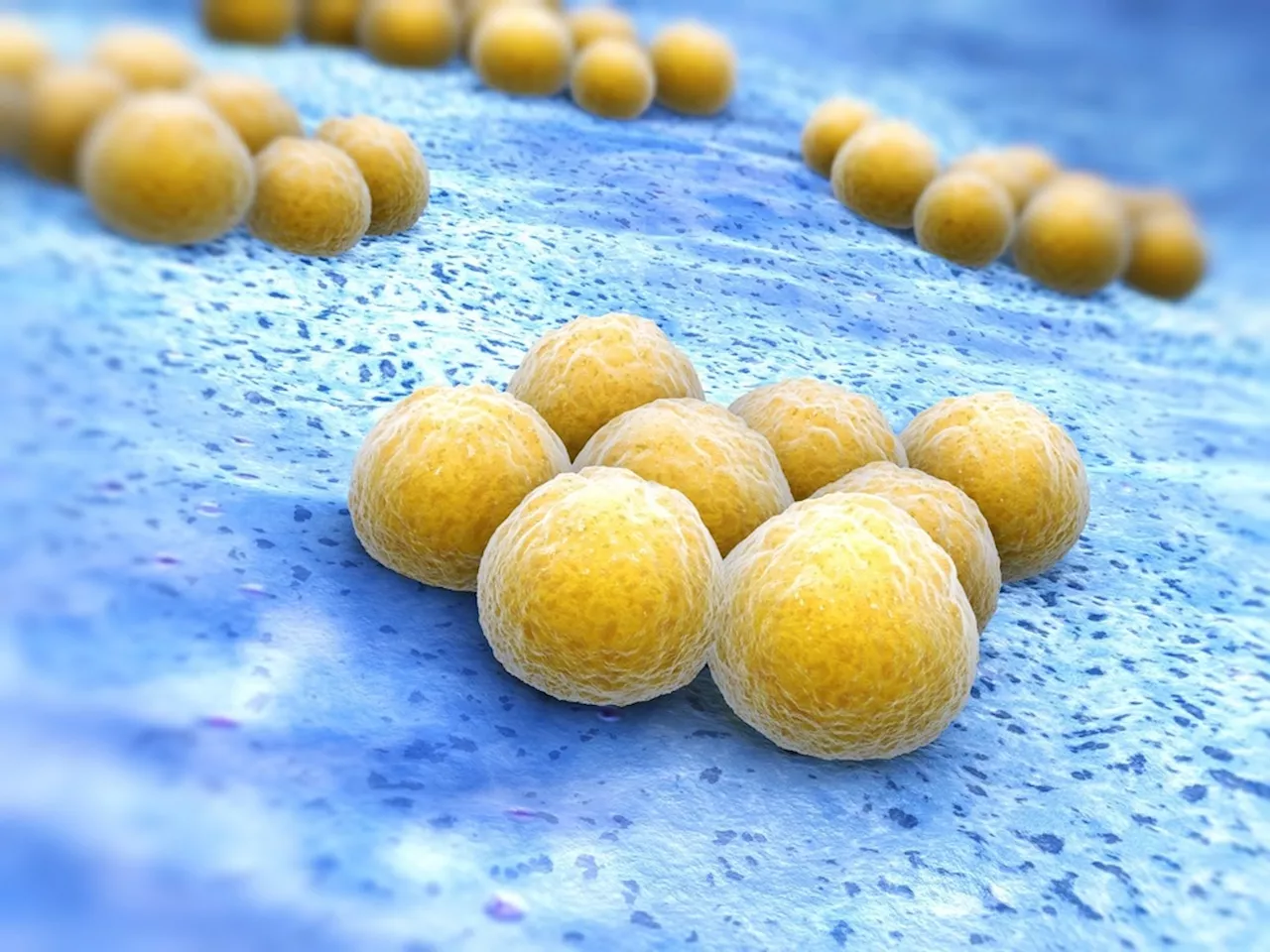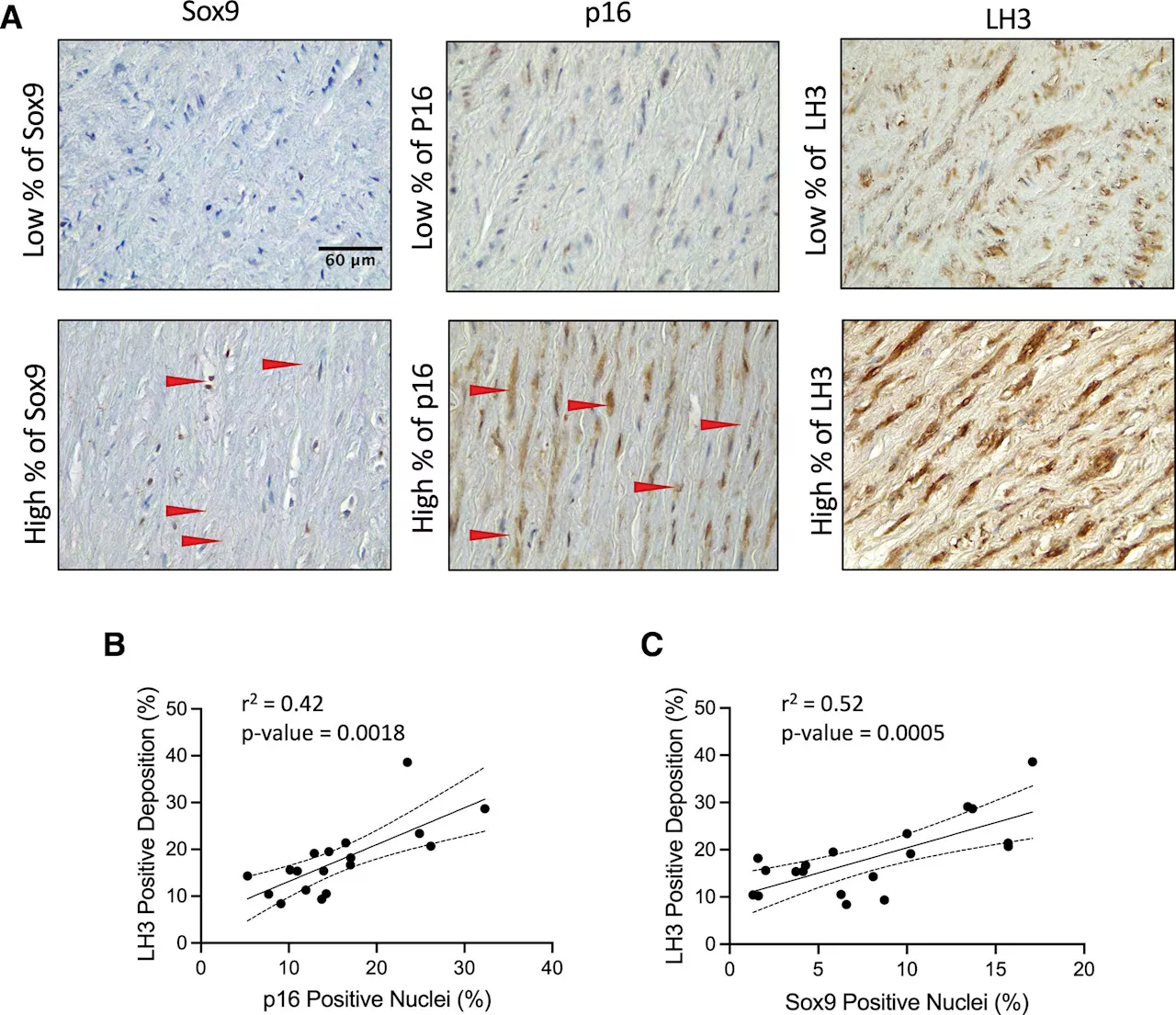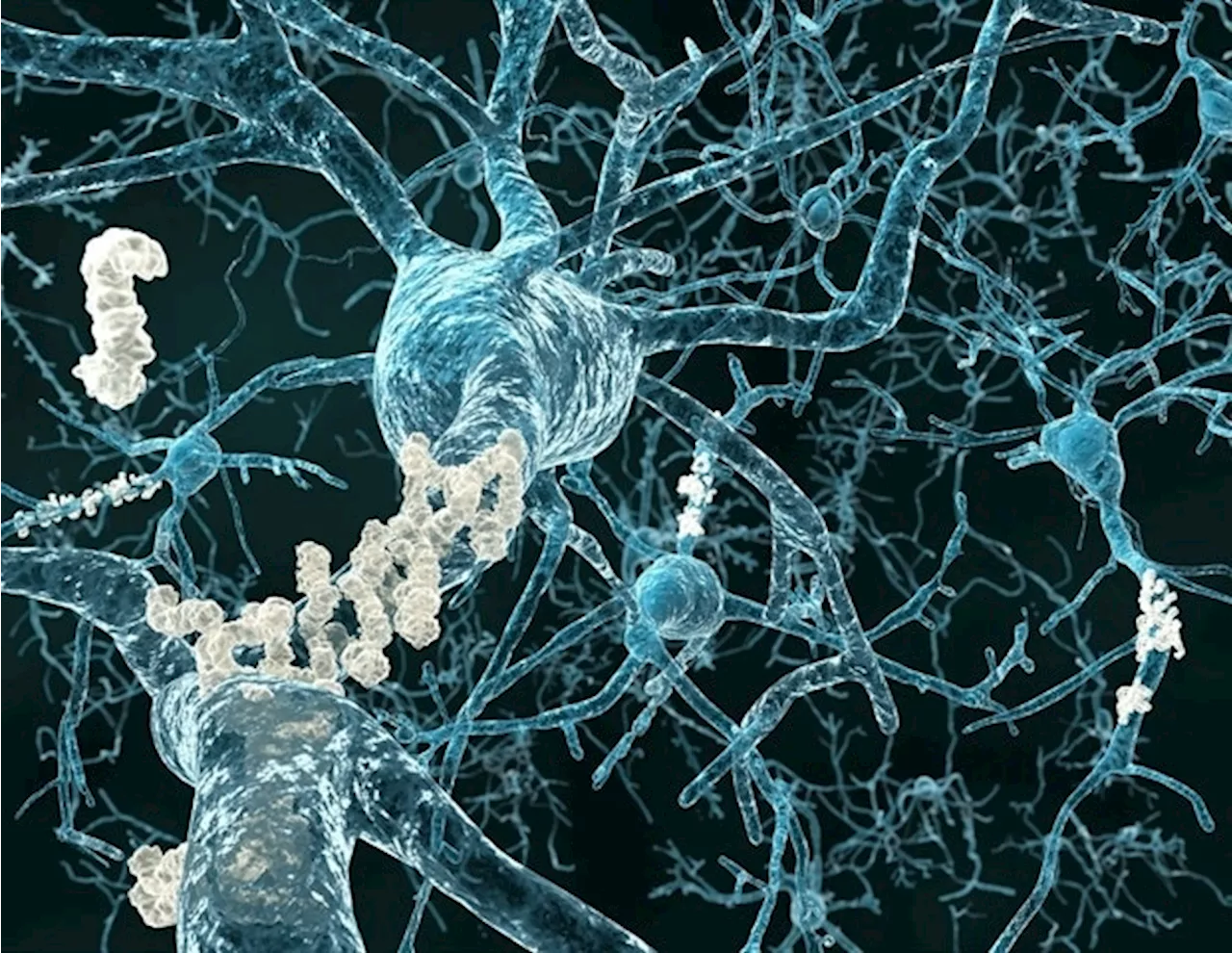Researchers led by Northwestern University and the University of Wisconsin-Madison have introduced a pioneering approach aimed at combating neurodegenerative diseases such as Alzheimer's disease, Parkinson's disease and Amyotrophic lateral sclerosis (ALS).
Feb 16 2024Northwestern University Researchers led by Northwestern University and the University of Wisconsin-Madison have introduced a pioneering approach aimed at combating neurodegenerative diseases such as Alzheimer's disease, Parkinson's disease and Amyotrophic lateral sclerosis .
The study focuses on disrupting the Keap1/Nrf2 protein-protein interaction , which plays a role in the body's antioxidant response. By preventing the degradation of Nrf2 through selective inhibition of its interaction with Keap1, the research holds promise for mitigating the cellular damage that underlies these debilitating conditions.
The study introduces an innovative solution: protein-like polymers, or PLPs, are high-density brush macromolecular architectures synthesized via the ring-opening metathesis polymerization of norbornenyl-peptide-based monomers. These globular, proteomimetic structures display bioactive peptide side chains that can penetrate cell membranes, exhibit remarkable stability and resist proteolysis.
Focusing on the challenge of activating processes crucial for the body's antioxidant response, the team's research offers a novel solution. The team provides a robust, selective method enabling enhanced cellular protection and offering a promising therapeutic strategy for a range of diseases including neurodegenerative conditions.
Related StoriesThis approach not only represents a significant advance in targeting transcription factors and disordered proteins, but also showcases the PLP technology's versatility and potential to revolutionize the development of therapeutics. The technology's modularity and efficacy in inhibiting the Keap1/Nrf2 interaction underscore its potential for impact as a therapeutic, but also as a tool for studying the biochemistry of these processes.
United Kingdom Latest News, United Kingdom Headlines
Similar News:You can also read news stories similar to this one that we have collected from other news sources.
 Researchers create machine learning-based classifier that could aid early diagnosis of psychosisThe onset of psychosis can be predicted before it occurs, using a machine-learning tool which can classify MRI brain scans into those who are healthy and those at risk of a psychotic episode.
Researchers create machine learning-based classifier that could aid early diagnosis of psychosisThe onset of psychosis can be predicted before it occurs, using a machine-learning tool which can classify MRI brain scans into those who are healthy and those at risk of a psychotic episode.
Read more »
 Researchers uncover how deadly MRSA pneumonia inhibits body's antimicrobial activityResearchers examined how heparan sulfate (HS) shedding impacts cathelicidin efficacy in Methicillin-Resistant Staphylococcus aureus (MRSA) pneumonia.
Researchers uncover how deadly MRSA pneumonia inhibits body's antimicrobial activityResearchers examined how heparan sulfate (HS) shedding impacts cathelicidin efficacy in Methicillin-Resistant Staphylococcus aureus (MRSA) pneumonia.
Read more »
 Researchers identify potential way to treat genetic epilepsy by replacing 'lost' enzymeScientists at the Francis Crick Institute have found a new treatment target for CDKL5 deficiency disorder (CDD), one of the most common types of genetic epilepsy.
Researchers identify potential way to treat genetic epilepsy by replacing 'lost' enzymeScientists at the Francis Crick Institute have found a new treatment target for CDKL5 deficiency disorder (CDD), one of the most common types of genetic epilepsy.
Read more »
 Researchers develop model to assess biology of human placental barrierDuring pregnancy, the human placenta plays multiple essential roles, including hormone production and nutrient/waste processing. It also serves as a barrier to protect the developing fetus from external toxic substances. However, the placental barrier can still be breached by certain drugs.
Researchers develop model to assess biology of human placental barrierDuring pregnancy, the human placenta plays multiple essential roles, including hormone production and nutrient/waste processing. It also serves as a barrier to protect the developing fetus from external toxic substances. However, the placental barrier can still be breached by certain drugs.
Read more »
 Researchers receive £2.4 million to generate evidence on the new NHS Pharmacy First serviceResearchers from the London School of Hygiene & Tropical Medicine (LSHTM) have been awarded £2.4m by the National Institute for Health and Care Research (NIHR) to generate evidence on the new National Health Service (NHS) Pharmacy First service.
Researchers receive £2.4 million to generate evidence on the new NHS Pharmacy First serviceResearchers from the London School of Hygiene & Tropical Medicine (LSHTM) have been awarded £2.4m by the National Institute for Health and Care Research (NIHR) to generate evidence on the new National Health Service (NHS) Pharmacy First service.
Read more »
 Researchers uncover key molecule influencing vascular agingA new study shows how the molecule Sox9 is involved in a positive feedback loop that accelerates the aging of blood vessels, which could be used as a target for new therapies.
Researchers uncover key molecule influencing vascular agingA new study shows how the molecule Sox9 is involved in a positive feedback loop that accelerates the aging of blood vessels, which could be used as a target for new therapies.
Read more »
